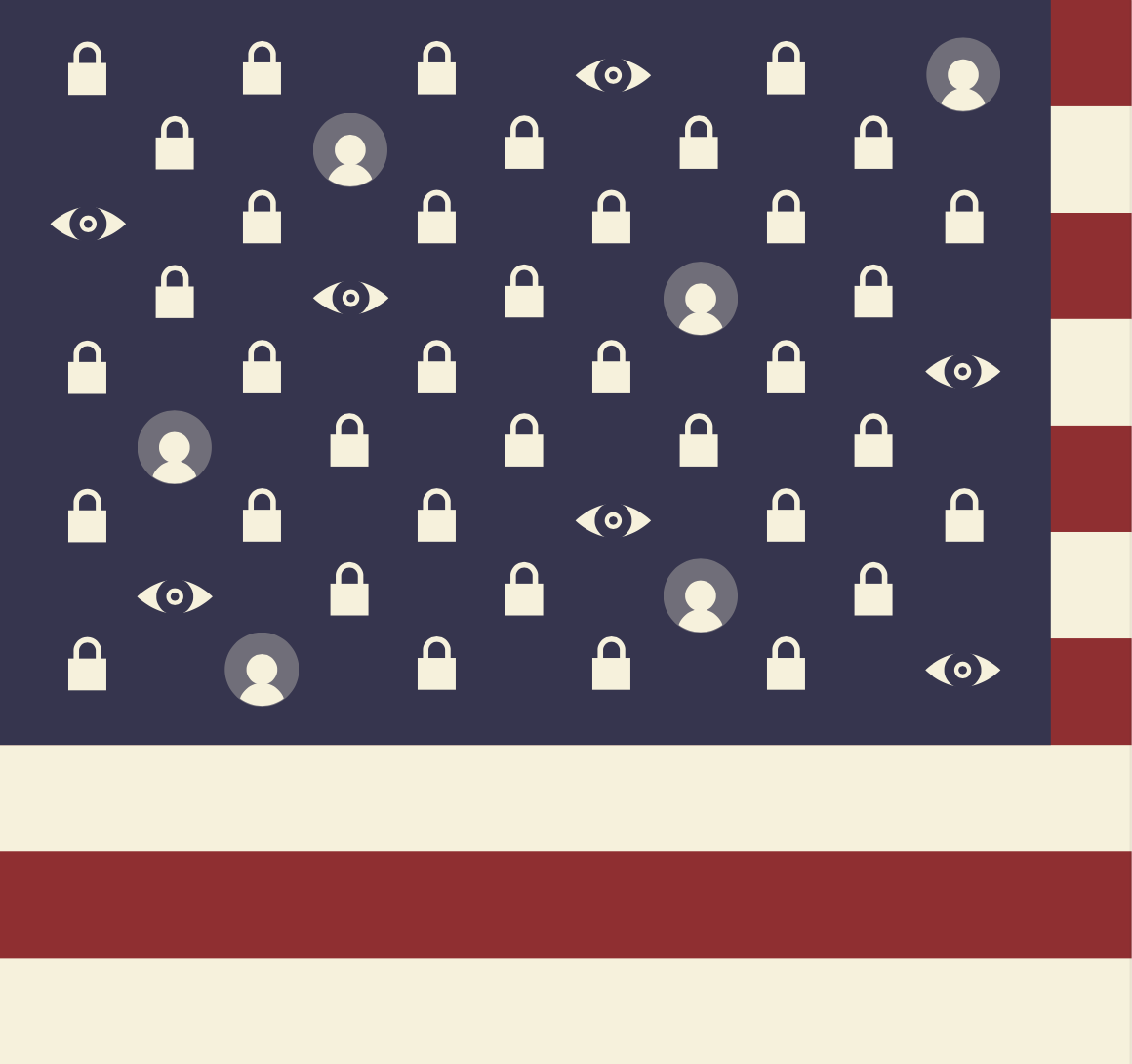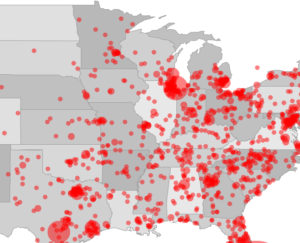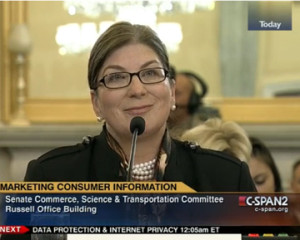Leading Civil Society Groups Agree on Key Principles: the Commerce Privacy Process Must be Fair, Transparent, Credible
MultiStakeholder Privacy Principles — The World Privacy Forum has led an effort to craft a set of principles with the nation’s leading civil liberties, privacy, and consumer groups. Today, the groups are releasing a set of baseline Multi-Stakeholder Principles in response to the U.S. Department of Commerce’s plan for a multi-stakeholder process on privacy. (The U.S. Department of Commerce is undertaking a representative process for bringing together members of industry and civil society to form new privacy rules.) These leading groups believe that for the multi-stakeholder process to succeed, it must be representative of all stakeholders and must operate under procedures that are fair, transparent, and credible.





